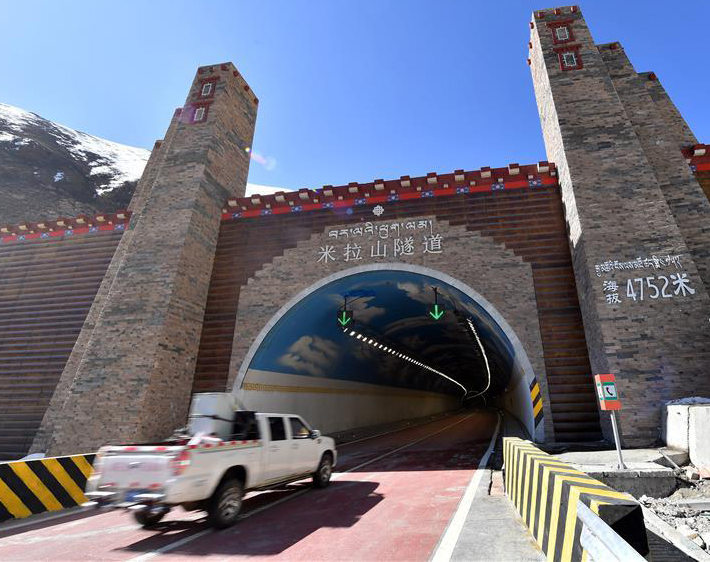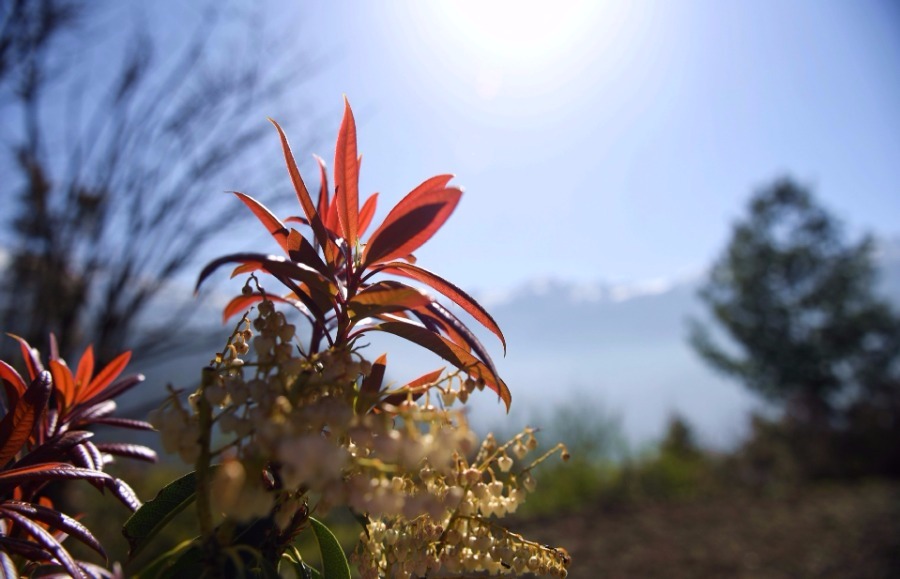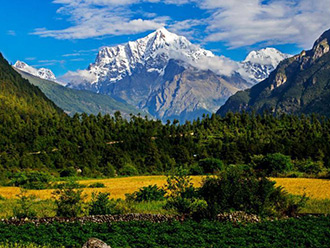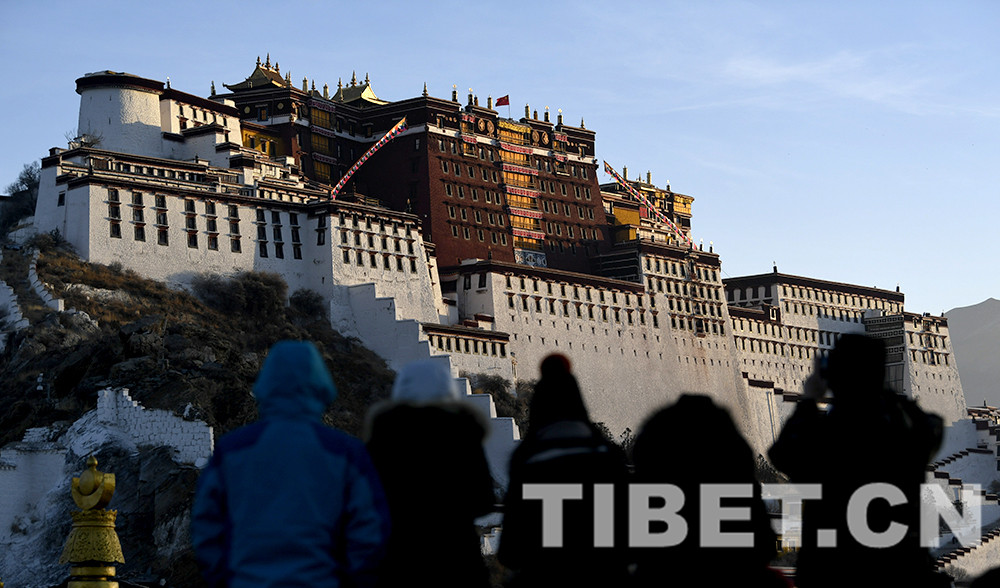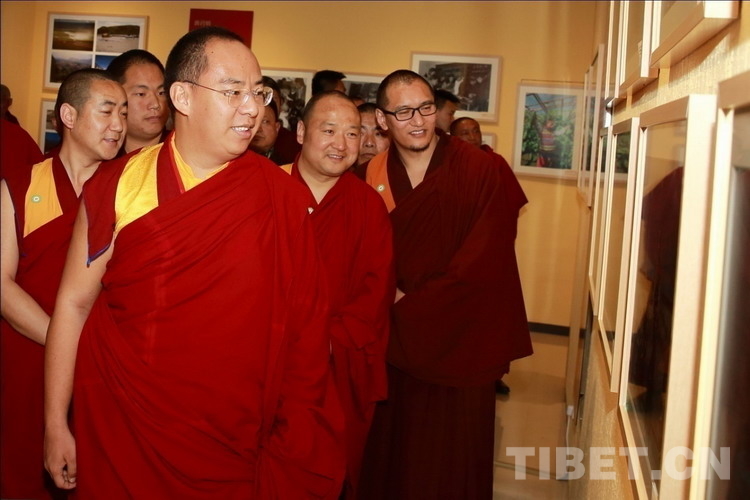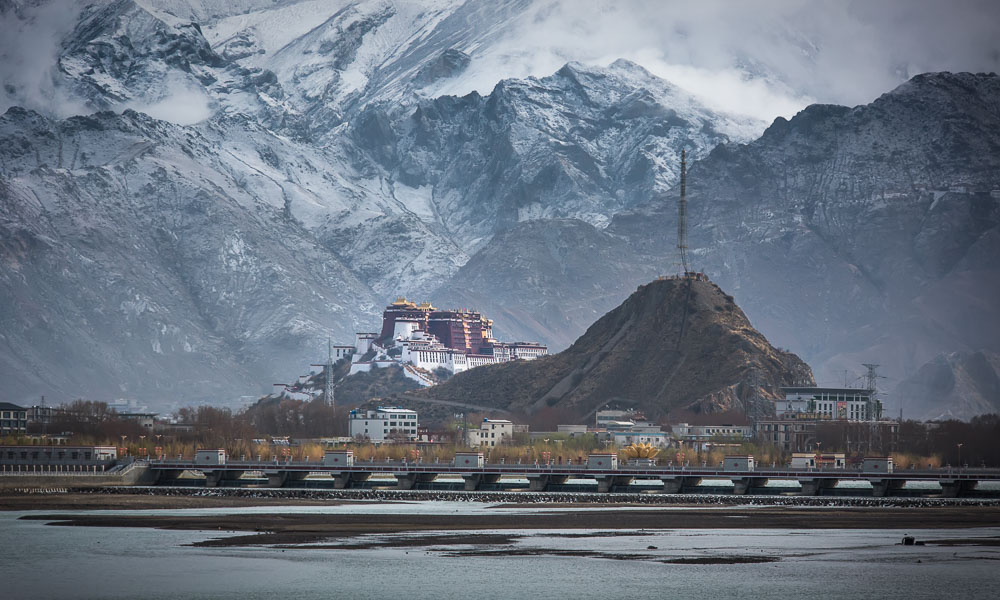China’s Tibet takes firm steps toward prosperity
People in China’s Tibet Autonomous Region are embracing a better-off life as the country steps up efforts to prosper the region and enrich the people there.
The story of a Tibetan who has become rich is a good example. The man surnamed Dawa from Khesum village of Shannan of Tibet Autonomous Region took six jobs to make a living in the past 26 years. Before, he worked as a tractor driver, ran a restaurant, operated harvesters, and drove long-distance freight trucks.
Now he has built a two-storey building in his hometown, and bought an apartment in Lhasa, capital of Tibet Autonomous Region. In addition, he is planning to open an agritainment facility to make more money.
The spirit of struggle and the aspiration for development of the Tibetan people are vital for building a better-off and prosperous society.
Dawa is not the only person who has made such achievements in Khesum, the first Tibetan village to carry out democratic reform. Today, the villagers there are following the steps of their predecessors by actively chasing their dreams and exploring new opportunities with great energy.
The Khesum people all agree that a better life is earned with their own hands and a beautiful homeland is built with their own efforts. They also feel a strong sense of gain to be part of the national development and the progress of the time.
The assistance given to Tibet from other regions across the country plays an indispensable role in building Tibet into a prosperous society.
Bailang county in Shigatse city was lifted out of poverty in October 2018 thanks to the aid it received. However, the people there used to have problems meeting their basic needs, as highland barley was the only economic crop in the county.
Under the support from various sides, Bailang has outlined a clear plan for development. Nowadays, greenhouses have become a new landscape in the county. Under the guidance of the agricultural experts, Tibetan farmers started to grow vegetables with high economic value such as organic cucumbers, strawberries, and pumpkins. These vegetables have not only enriched the food choice of the Tibetan people, but also created economic benefits for the farmers.
The poverty alleviation improved the capability and skills of the farmers and herders, enhancing their confidence in embracing a better-off life.
It’s an arduous task for Tibet to build itself into a moderately prosperous society by 2020. Xi Jinping, General Secretary of the Central Committee of the Communist Party of China (CPC), pointed out that the goal of bringing prosperity to Tibet entails sustained efforts to improve the well-being of all ethnic groups, promote ethnic unity, economic growth and social progress, and ensure that everyone benefits from the ongoing reform and development initiatives.
In 2018, the average per capita disposable income of urban residents in Tibet reached 33,797 yuan ($5,022), and that of rural residents 11,450 yuan. 60 years ago, the democratic reform triggered people’s enthusiasm for pursuing a happy life, and now, as socialism with Chinese characteristics has entered a new era, the Tibetan people are taking firmer steps toward a better life.
Those who have been through a cold winter truly cherish the warmth of the sun, as the old saying goes. Under the national strategy to revitalize the countryside, the Tibetan farmers and herders are being led out of the traditional agricultural society and becoming new type of farmers and herders who have integrity, business knowledge and skills.
Through targeted poverty alleviation and the efforts to aid Tibet, the Tibetan people have become energized to work hard to get rid of poverty. The modernized agriculture and husbandry provide farmers and herders with new ways of production and new concepts to manage their businesses.
Moreover, by embracing entrepreneurship and taking market-oriented approaches, Tibetan entrepreneurs have become more confident and experienced in market economy. These positive changes are impressive.
The Tibetan people and cadres expressed that they will cherish the hard-earned happy life and create a brighter future with their hands. Pledging to leave no people behind in building a moderately prosperous society, the country will lead the Tibetan people towards a better life.
Tibet Stories
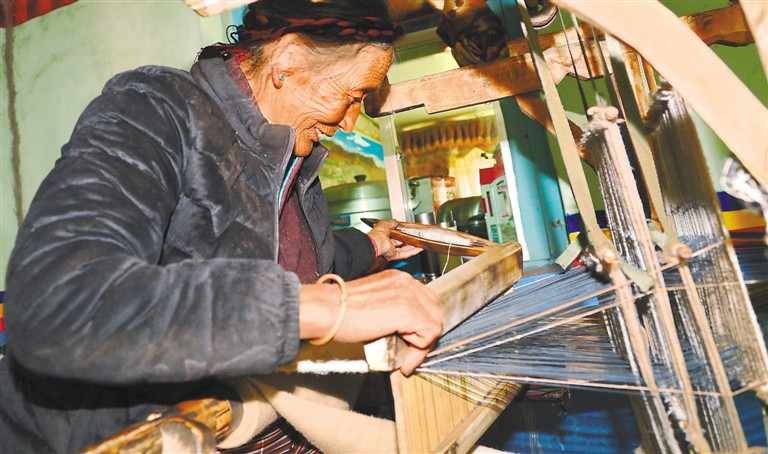
Chozin Drolgar: once lives in a cave as a serf
"I see how happy other people are, and I feel the same."
Editor’s Choice
- Tibet shows it cares for a cleaner Mt Qomolangma
- The United States' new tactics of interfering in the internal affairs of China
- Prominent Belgian sinologist says nobody can deny rapid economic development of Tibet
- Tibet's cultural industry sees sound development
- 11th Panchen Lama: abolition of serfdom engraved in the minds of the people
